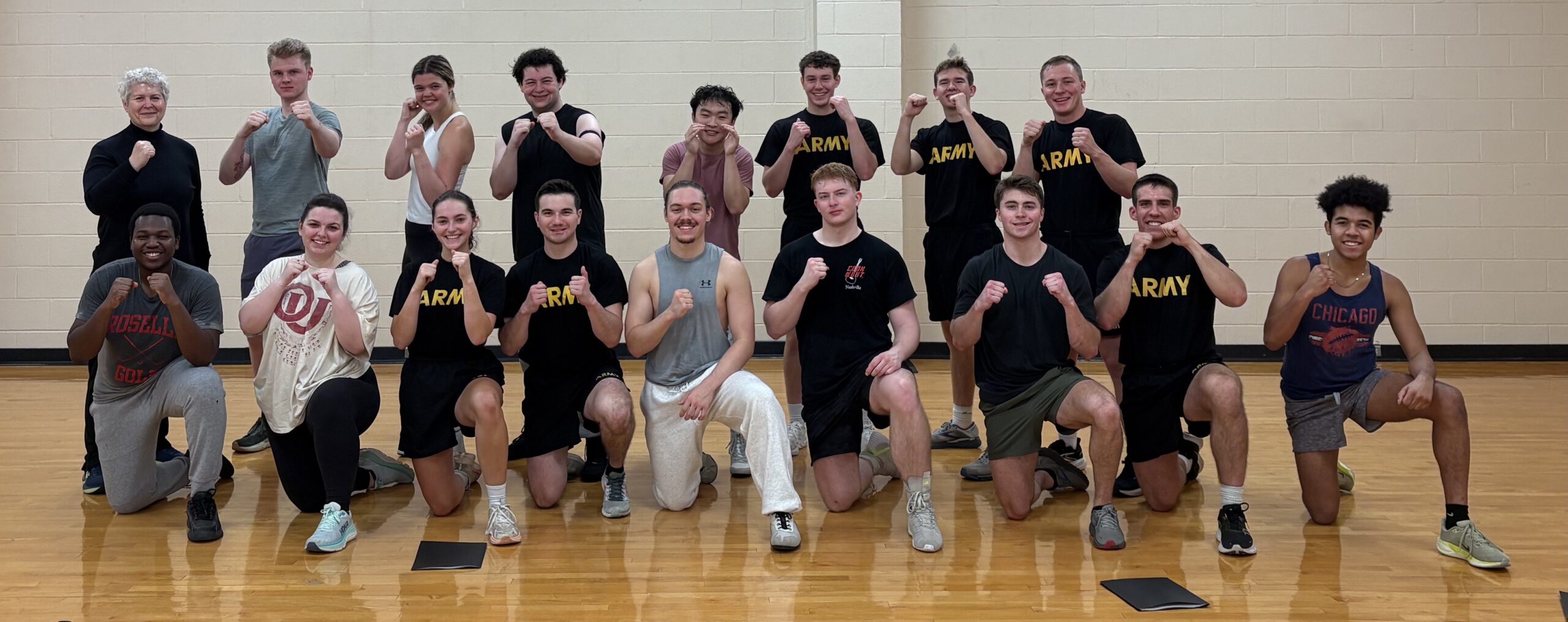Major & Minor
Explore and Discover. Culture, Advocacy, and Leadership is an interdisciplinary program for students who want to change the world. Bridging classroom learning with community engagement—whether in Nashville, across the nation, or around the world—CAL marries a rich understanding of human culture with an ethical sense of advocacy and widely applicable leadership skills. As a result, the program prepares students for a broad range of advanced studies and career paths.
Major | Minor | Sports & Society Minor | Major/Minor Declaration
Culture, Advocacy, and Leadership Major
The CAL major is both structured and individualized. After completing a series of required courses in FOUNDATIONS Part I, students work with a faculty mentor to choose courses inside or outside of CAL related to their “Area Focus.” This allows students to adapt their coursework to countless modern problems, including law and justice, sports and culture, international relations and human rights, conflict and peace, global migrations and diaspora, entrepreneurial leadership and economic justice, popular culture and American values, environmental legacies and global solutions, and much more.
After completing their Area Focus, students enter FOUNDATIONS Part II of the major, undertaking an intentional, ethical, and purposeful civic-engagement experience (see below), where partnerships based on service, mutual respect, and shared authority provide practice in leadership and advocacy.
Students complete the major with a senior capstone course that brings them together to reflect on their varied experiences.
Requirements
The major consists of 30 hours of course work:
- FOUNDATIONS Part I (4 courses): Provides the intellectual direction and practical skills students will utilize in whatever area focus they pursue.
- CAL 1002: Fundamentals of Culture, Advocacy & Leadership
- CAL 1800: Speaking, Leading, Engaging
- CAL 2300: Responsible Advocacy in a Complicated World
- CAL 2800: Global Perspectives on American Cultures
- Area Focus (4 courses): Consists of four courses inside or outside of CAL, tailored to a student’s interests, commitments, and career goals, and chosen in conjunction with a faculty mentor. See Area Focus examples.
- FOUNDATIONS Part II (2 courses): Integrates FOUNDATIONS Part I with the individualized Area Focus, allowing students to enrich what they have learned in the classroom through practical application and civic problem solving.
- CAL 4000: Practicum & Internship Experience—This course will require students to undertake an internship or experiential project in conjunction with a group or community around a particular issue, problem, or idea (see below for more). This course counts for an immersive experience for Immersion Vanderbilt.
- CAL 4500: American Futures—This course will bring students together after their internship or experiential project to discuss their findings and lessons, to revise their project for a general audience, and to present their work in a public-facing symposium at the end of the semester. This course counts as a culminating project for Immersion Vanderbilt.
What do we mean by civic-engagement experience?
The civic-engagement experience, which is required for completing the major, can take many forms, including (but not limited to):
- formal internship
- participation in apprenticeship
- off-campus practicum project
- community-based research initiative
- volunteer work with a local nonprofit
- multimedia production in conjunction with civic group
- ethnographic interviews with people in different neighborhoods
- something else entirely, devised in conversation with a CAL faculty mentor
Students have lots of freedom to design and carryout a civic-engagement experience that is meaningful to them.
Many students will undertake this experience in conjunction with CAL 4000. But they can also pursue it in the summer or in a semester prior to taking CAL 4000. And it can happen anywhere—in Nashville, a student’s hometown, or in a place approved ahead of time by a CAL faculty mentor.
Students who pursue their engagement experience prior to taking CAL 4000 will be asked to keep a record of their work so that they can reflect on and interrogate their experience later on.
If a CAL major has not completed an engagement experience prior to taking CAL 4000, they will do so while taking the class.
Culture, Advocacy, and Leadership Minor
Like the major, the minor offers deep study of the problems and possibilities of culture, advocacy, and leadership.
Requirements
The minor consists of 15 hours of course work.
- FOUNDATIONS Part I (4 courses)
- CAL 1002: Fundamentals of Culture, Advocacy, and Leadership
- CAL 1800: Speaking, Leading, Engaging
- CAL 2300: Responsible Advocacy in a Complicated World
- CAL 2800: Global Perspectives on American Cultures
- Area Focus (1 course)
One course inside or outside of CAL relevant to the student’s interests, passions, and career goals.
Looking for information on the Sports & Society minor? Click here.
Declaring Your Major or Minor
Please follow the link to the Major/Minor Declaration Form to declare your major and/or minor. The program administrator will approve your submission and assign you a faculty advisor.
